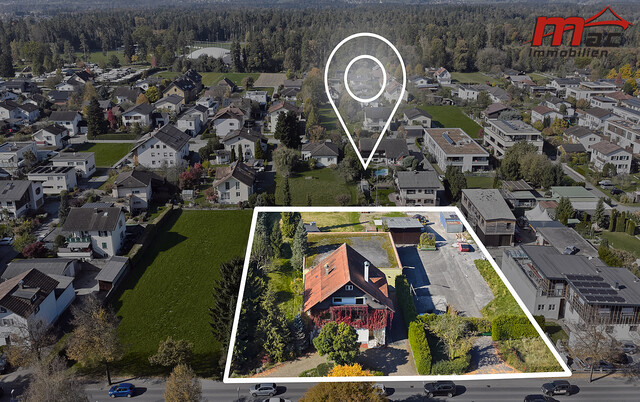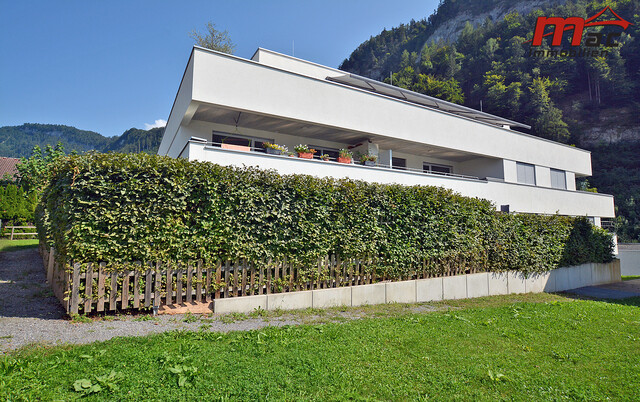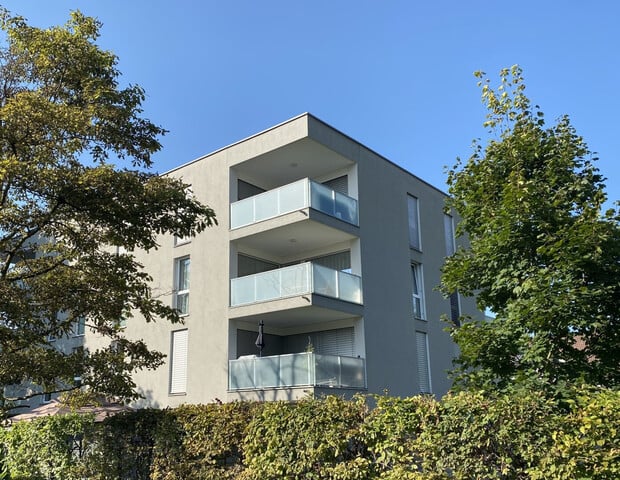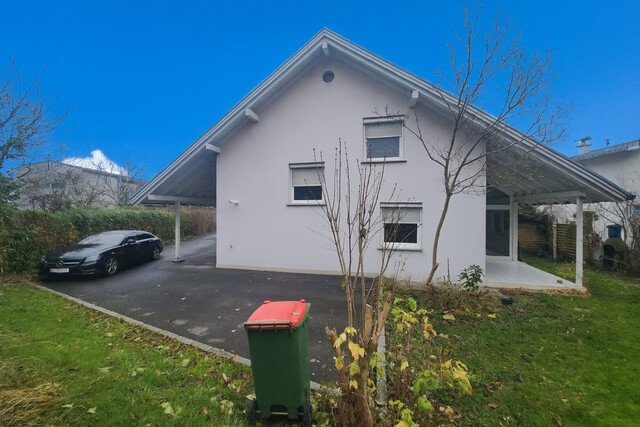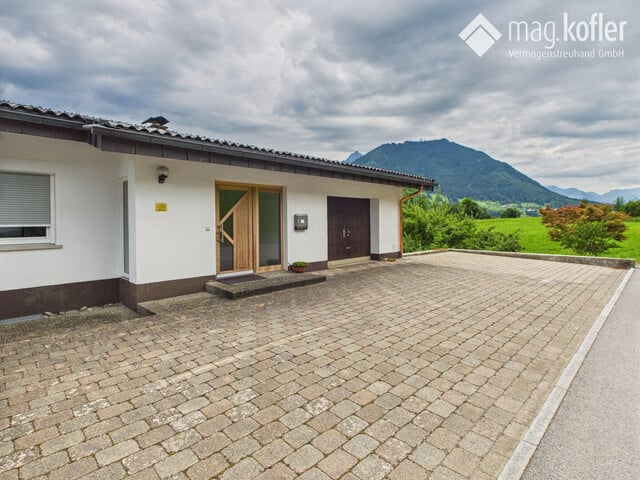Vienna Terror Attack: "DSN Has Professionalized"

"The DSN has professionalized," said Zerbes, who at the time led the five-member investigation commission. The head of the authority, Omar Haijawi-Pirchner, significantly contributed to this development by supporting and promoting it. "Therefore, it is very regrettable that he is stepping down at the end of the year," Zerbes told APA.
Interior Ministry Sees Key Points from Zerbes Report Implemented
In the final report of the Zerbes Commission, it was stated that the investigations into the attack on November 2, 2020, had "shown both functioning elements and significant deficiencies in combating terrorist offenses." The panel did not locate the deficiencies in a lack of judicial or police powers, but in the inadequate exchange of information between all involved parties, as well as in organizational problems and the authority culture of the security apparatus. To eliminate these weaknesses, "a sustainable political will, a multitude of individual measures, and perseverance" are required, concluded the commission.
From the perspective of the Interior Ministry, essential derivations from the Zerbes report were made and implemented. On one hand, the constitutional protection was reformed, and with the DSN, a modernization process was initiated based on the newly created State Protection and Intelligence Service Act (SNG). "The goal was to create a contemporary security culture, strengthen trust in constitutional protection, and meet international standards," emphasized the ministry in response to an APA inquiry. The DSN has intensified its international cooperation and established itself "as a reliable partner in the European security network." National cooperation has been simplified and thus improved through the reform of the State Protection and Extremism Combating Offices (LSE).
On the other hand, the new threat management suggested in the Zerbes report was addressed. The internal communication of the involved authorities or organizational units has been improved. A new database for better information exchange among all investigative authorities was created, and joint case conferences of the judiciary and security authorities, also for constitutional protection agendas, were implemented.
Zerbes: "Not All Problems Solved"
"Not all problems have been solved," states Zerbes. For example, it is still difficult to access data from individual threats because the DSN and the individual LSEs cannot automatically access databases of other departments. "If you have a threat on the radar, you still have to obtain any information about them in a time-consuming manner," Zerbes knows. The lack of automated exchange between the individual constitutional protection authorities is hard to comprehend in today's times: "An institutionalized automated data exchange would be desirable." The Vienna criminal law professor also sees room for improvement in the technical and service supervision of the LSE.
Tactical and Strategic Deployment Management Improved
The Ministry of the Interior emphasizes that the evaluation following the attack on November 2, 2020, revealed "numerous potential improvements" for tactical and strategic deployment management in the areas of constitutional protection, the security executive, and partially in special units. These have since been implemented. Much of this is noticeable in daily police operations during certain deployments, while other aspects run in the background.
Based on the Vienna WEGA model, so-called rapid intervention groups (SIG) have been established in all federal states. Together with the readiness units (BE), the SIG form the rapid reaction forces (SRK). The training and further education content for police forces have been strengthened in a target group-oriented manner, international cooperation and the exchange of experiences have been intensified. In scenario and shooting training, there is a stronger focus on life-threatening deployment situations.
Furthermore, the Ministry of the Interior refers to an equipment offensive for operational executive service forces as a result of the large-scale police operation on November 2, 2020. This concerns protective equipment, specially protected vehicles, and also armament, "which must be adequate for such high-risk situations," as emphasized.
Ministry of the Interior's Upload Platform Optimized
During and after the hours of the attack in the heart of Vienna, the upload platform of the Ministry of the Interior had central importance. Through this means, videos and photos were submitted by the public, which were secured as evidence. Subsequently, this tool was optimized under the leadership of the DSN in collaboration with the key stakeholders. "This platform has since proven itself, for example, in the terrorist attack in Villach or the amok situation in Graz," affirmed the Ministry of the Interior.
(APA/Red)
This article has been automatically translated, read the original article here.
Du hast einen Hinweis für uns? Oder einen Insider-Tipp, was bei dir in der Gegend gerade passiert? Dann melde dich bei uns, damit wir darüber berichten können.
Wir gehen allen Hinweisen nach, die wir erhalten. Und damit wir schon einen Vorgeschmack und einen guten Überblick bekommen, freuen wir uns über Fotos, Videos oder Texte. Einfach das Formular unten ausfüllen und schon landet dein Tipp bei uns in der Redaktion.
Alternativ kannst du uns direkt über WhatsApp kontaktieren: Zum WhatsApp Chat
Herzlichen Dank für deine Zusendung.



